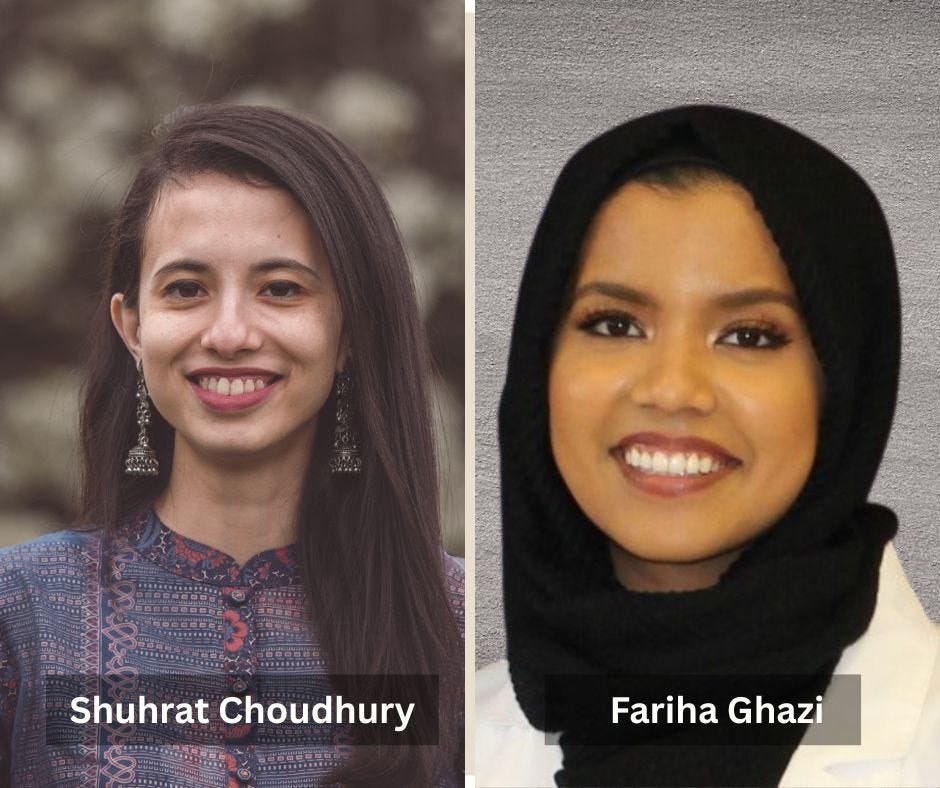Michigan is home to the third largest population of Bangladeshis in the U.S., with a significant number living in the Metro Detroit area.
Bangladeshi immigrants struggle with several challenges when trying to access health care. Among them are language, cultural competency, and adequate insurance.
As part of a new four-part series called “Shustho: Mind, Body, and Spirit,” WDET’s Nargis Rahman reports on how Bangladeshi women in Southeast Michigan are overcoming cultural barriers.
Check out the series at: wdet.org/shustho.
In our fourth and last iteration, learn more about how Bangladeshi women are accessing mental health care.
Shustho: Bangladeshi mental health counselors work toward breaking stigma, building culturally informed care
Shuhrat Choudhury is a Bangladeshi American mental health counselor. She says stigma is the biggest reason many women don’t seek care — especially in older generations.
“I would be contacted by their sons, their daughters, their daughter-in-laws, that we need help for our mom or, like the older generation, but they are not OK. Like, they just, it’s that stigma around mental health, they go, ‘I’m not crazy,’” she said.
Fariha Ghazi entered the mental health field to provide culturally competent care. Ghazi is a psychiatric physician assistant in Grand Rapids, who lives in the metro Detroit area and has telehealth options. She said she frequently sees Bangladeshi women struggling with anxiety, which manifests as physical symptoms first.
“When they go see their general primary care provider, they’re often treated for things like stomach pain or acid reflux or, given sleep medication to help with sleep, a kind of root cause of a lot of those physical symptoms, it tends to be what I see being anxiety and trying to get them treatment for it,” she said.
They are using their language skills, cultural awareness, and lived experiences to provide better care.





